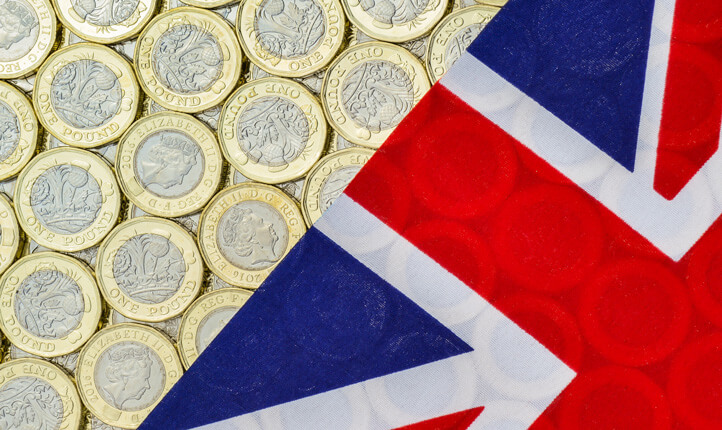By Matthew Vassallo
The Pound saw its value depreciate against the EUR & USD for a second consecutive week, as fears over rising Covid numbers and a dovish outlook by the Bank of England (BoE) for Q3 & Q4, tempered investors risk appetite for GBP.
Sterling’s fragility was laid bare, as the markets reacted to this change in sentiment. GBP/EUR fell by over a cent from its early week highs, with GBP/USD rates dropping by over 2 cents during the same period, as the Pound struggled to reverse the negative trend.
With the Pound coming under consistent pressure, investors will look to this week’s economic data releases as a gauge to any further downturn, or chance of a possible reversal in the current trend. A major concern for investor’s seems to be the BoE raising their inflation forecast from the current 2% level. Inflation remaining around this mark was considered key to the UK’s continuing economic recovery. With the BoE raising its forecast to around 4% by the end of the year, there will be further murmurs of discontent if today’s Markit Services & Manufacturing PMI figures come out below the expected of 59.5 & 59 respectively.
Beyond this, UK economic data is particularly stark with no further key data releases for the week. With little data of note for the Eurozone to potentially counter the current negative perception surrounding GBP, the Pound may well struggle to make any significant inroads against the single currency over the coming days.
Looking at cable rates, the USD seems to be benefiting from the current downturn in the global economy. With Covid cases once again rising both in the UK and globally, investors have moved away from the riskier commodity-based assets, such as the AUD, NZD & CAD and are taking refuge in the historically safe haven USD.
This becomes even more poignant, when we consider the US economy is currently facing its own set of difficulties. Economic data has shown a sharp downturn in the US job market and with the FED announcing plans to taper their current monetary policy programme, it would seem as though investors are wary of any positive impact this may have.
As such, US GDP forecasts have contracted for the coming quarter. This, coupled with the evaporating good sentiment surrounding the global economic recovery in what we hoped was now a post Covid world, may mean a return to relative normality will not be as forthcoming as investors initial predictions.


